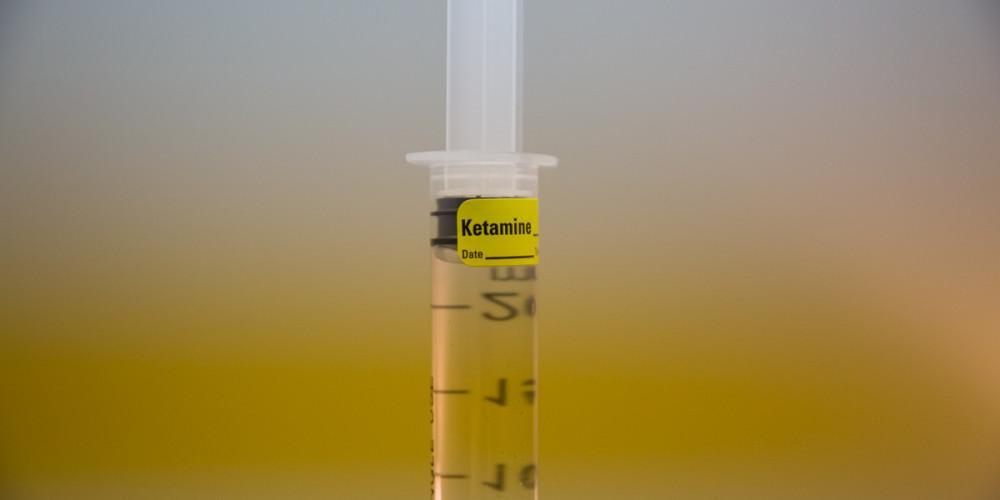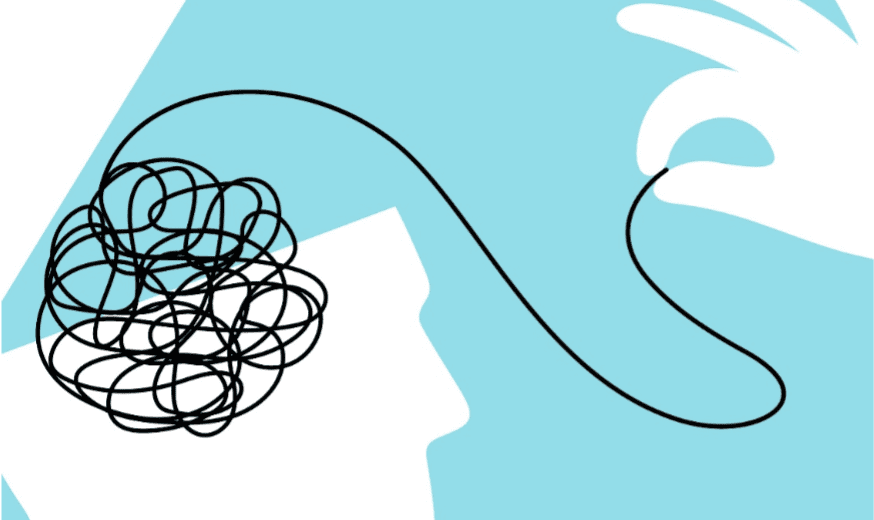Ketamine has a long history of medical use and the research to date supports ketamine as a safe and effective medication when administered by appropriately-trained medical professionals, such as anesthesiologists. It is an FDA-approved, and legal drug. It is one of the most commonly used medications throughout the world today.1 This anesthetic drug has been used in very high doses in operating rooms throughout the world on a daily basis for decades.
Here are some of the most common medical uses of ketamine:
- For pediatric and adult sedation in ERs, ORs, wound care clinics, and ambulances.
- For sedation for cataract procedures, for plastic surgery procedures, and in dental office
- For battlefield and wilderness medicine
- To break status asthmaticus
- To break status epilepticus
- For difficult airway OR cases
- For trauma and cardiac surgery
- For cesarean Sections and fetal surgery
- To decrease narcotic tolerance during acute and chronic narcotic usage
- For palliative care and cancer pain
It is used so widely, and for some of most vulnerable patients because of its relatively safe profile. Ketamine works an anesthetic by causing disassociation – which is a feeling of being separate and a part from one’s body and physical surroundings – but it leaves the patient’s spontaneous breathing intact. It is often the drug of choice for very young and very old patients undergoing procedures. It is often a key anesthetic agent for operating theaters in parts of the world where equipment is minimal or substandard.
Because of its relatively safe profile and relative ease of use by trained professionals, it is also used extensively in veterinary medicine. This is why ketamine is often referred to as a “horse tranquilizer” in the popular press. It is, in fact, used as an anesthetic agent by veterinarians for horses and other animals, although it is a gross oversimplification to reduce the drug to that label.
There is increasing study on the use of ketamine for mood disorders and for chronic pain. Much of this work has been done since approximately the year 2000. Most of the early studies have included small numbers of participants. However, increasingly there are studies and data analysis with larger patient sizes. A recent report published in May, 2017 in the Nature Journal, Scientific Reports,2 included an analysis of a very large data set of 8 million reports, and showed that patients who received ketamine had: “significantly lower frequency of reports of depression” and “significantly lower frequency of reports of pain.”
Ketamine has a long history as a particularly useful anesthetic drug, and increasingly demonstrates significant results in studies and clinical practice as a treatment for pain conditions such as CRPS/RSD and for mood disorders including depression, PTSD, and anxiety.
– – –
1. WHO Fact file on ketamine March 2016
2. Cohen et al., “Population scale data reveals the antidepressant effects of ketamine and other therapeutics approved for non-psychiatric indications.” Scientific Reports 7, Article number: 1450 (2017)
– – –
Lone Star Infusion
An Important Disclaimer: The information in this and other blog posts represents our informed opinion or the opinion of others, and does not constitute medical advice and should not be relied upon to make decisions regarding medical care. To address the specific details of your medical conditions and treatments please speak with your doctors.



